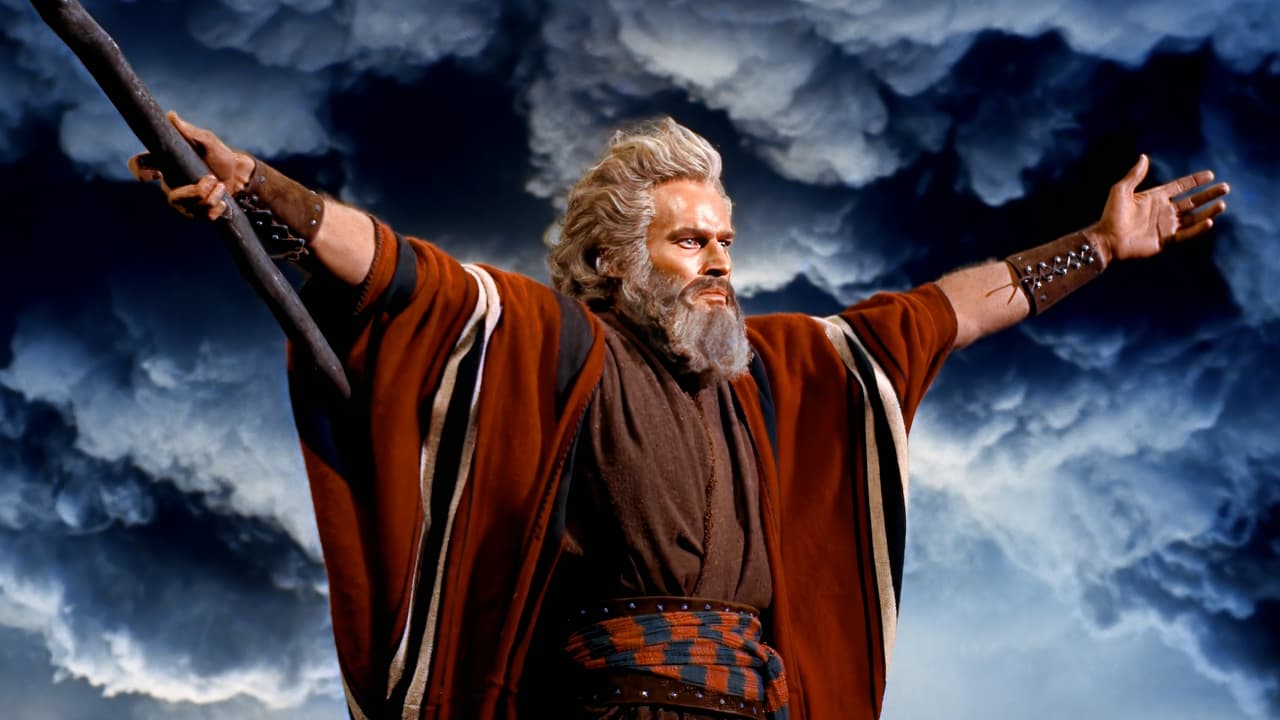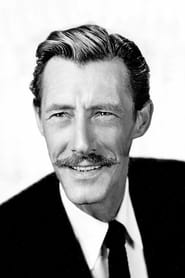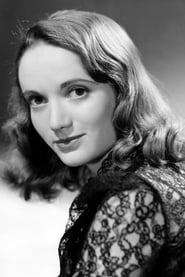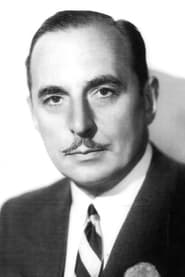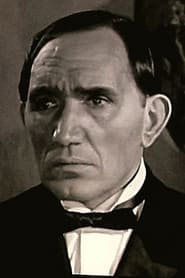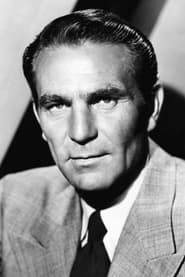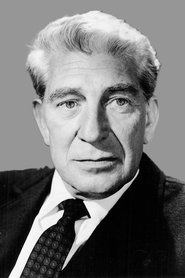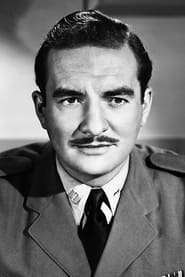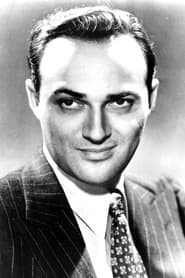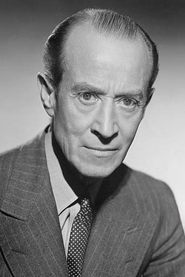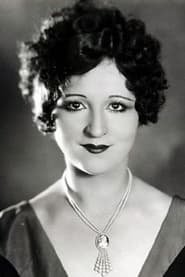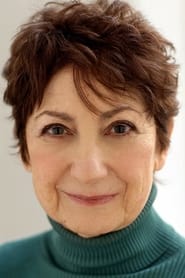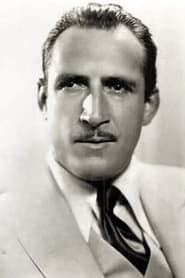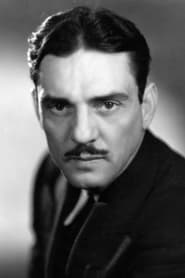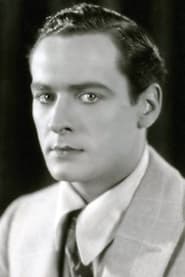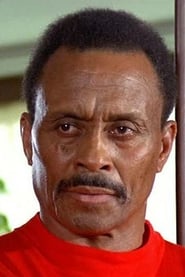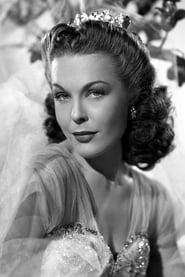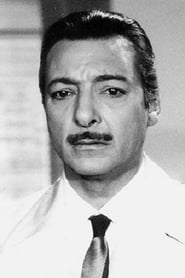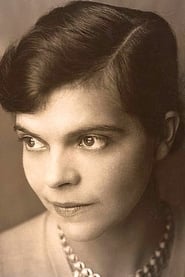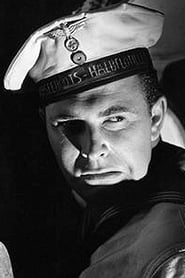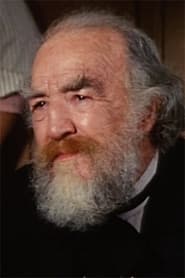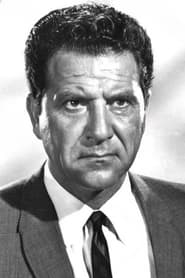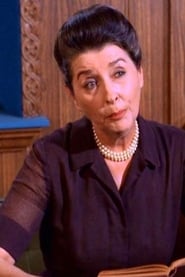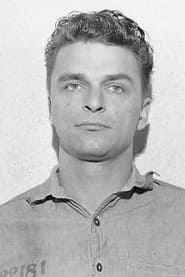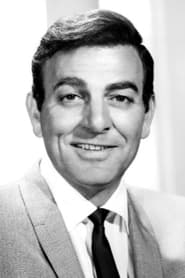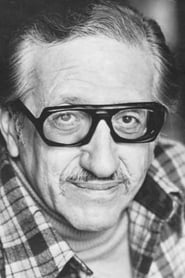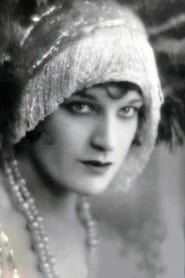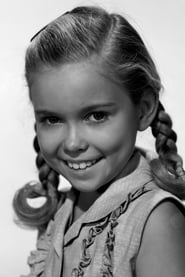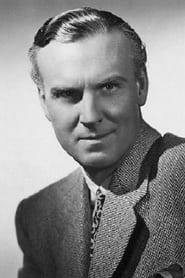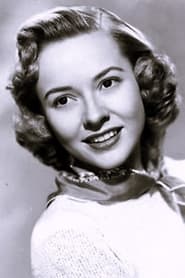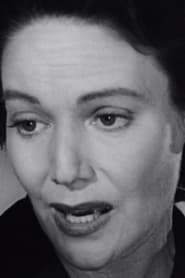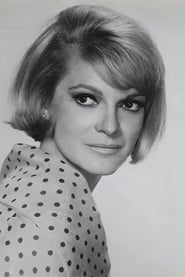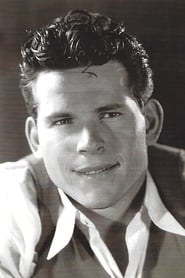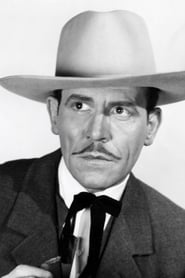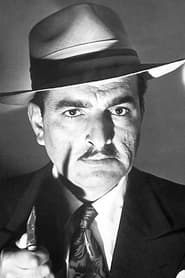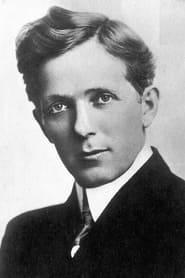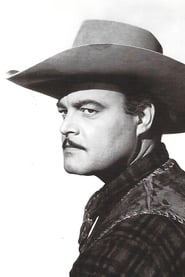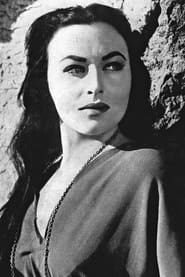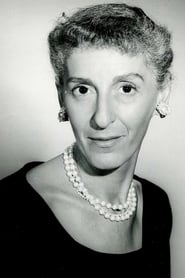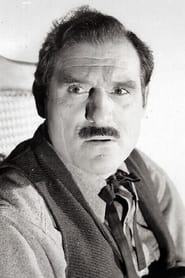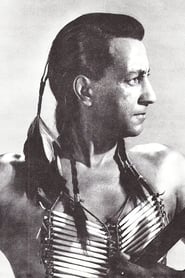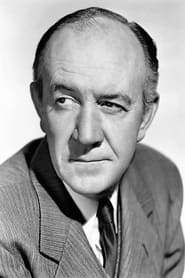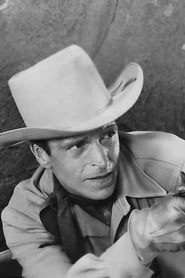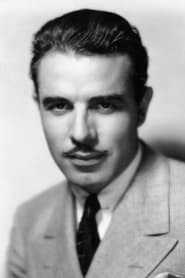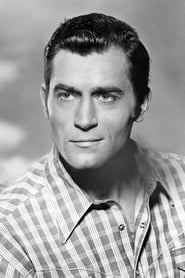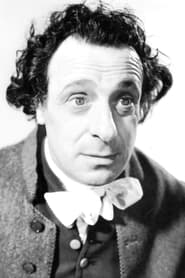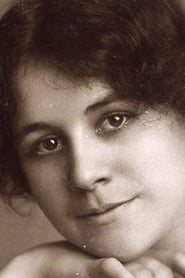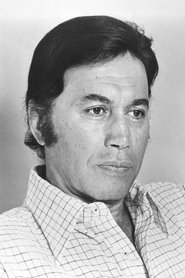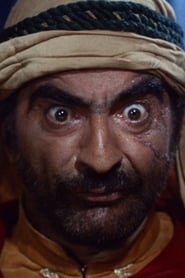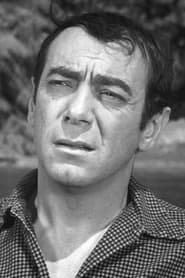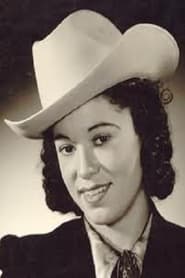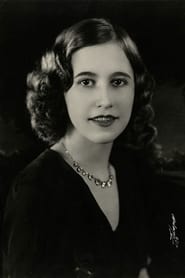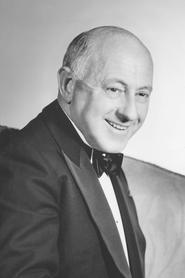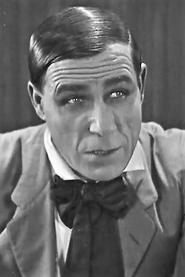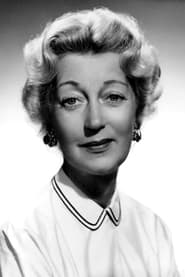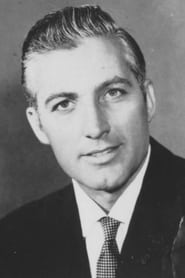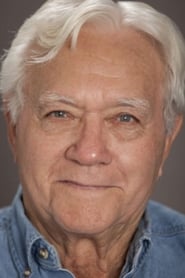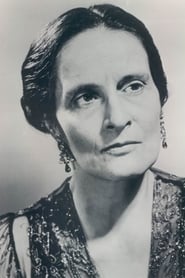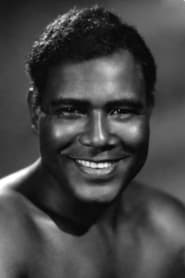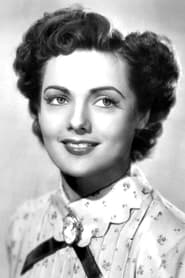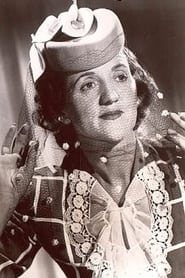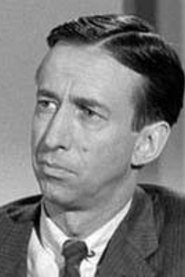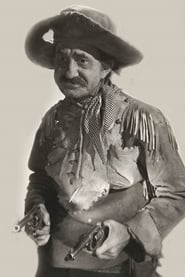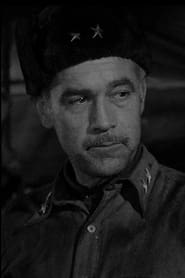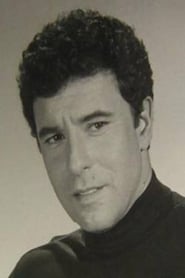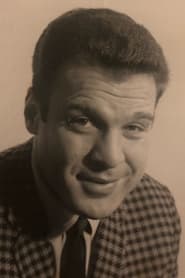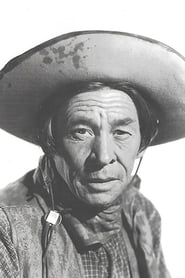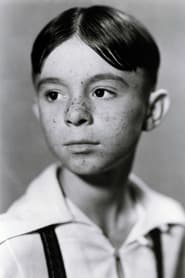In the epic film "The Ten Commandments," directed by Cecil B. DeMille, we witness the remarkable journey of a Hebrew infant named Moses who narrowly escapes a decree to be killed by Pharaoh's orders. Rescued from the Nile River, Moses is adopted by the Egyptian royal family and is raised in opulence and privilege, growing up alongside Prince Rameses, portrayed with charisma by Yul Brynner. As the years pass, Moses, played by the iconic Charlton Heston, begins to sense a disconnection from his Egyptian upbringing, haunted by his people's suffering and the injustices they face under the oppressive rule of the Pharaoh. This internal conflict sets the stage for a powerful transformation that redefines his identity and purpose.
When Moses discovers his true heritage and learns of his lineage as a Hebrew, he is faced with a critical turning point in his life. Confronted with the injustices faced by his people, he feels compelled to take action. Embarking on a profound personal quest, Moses grapples with the weight of his newfound identity. He must navigate the complexities of his bond with Rameses, who shares a lifetime of brotherhood and rivalry with him, and ultimately confront the painful truth of his rightful place as the leader of the Hebrew people. The struggle between Moses and Rameses symbolizes the broader conflict between liberty and tyranny, making their relationship the emotional center of the narrative.
As the film unfolds, Moses transforms from a reluctant prince into a determined prophet who is committed to liberating his people from slavery. Guided by his faith and the divine inspiration that calls him to action, he embarks on a monumental journey that leads him to challenge the Pharaoh and confront the heart of oppression. The story culminates in spectacular fashion with the depiction of the ten plagues and the miraculous parting of the Red Sea, powerful moments that showcase Moses as a formidable leader and liberator. "The Ten Commandments" not only tells a tale of faith and deliverance but also explores the complexities of identity, duty, and moral conviction through Moses's extraordinary journey.
Main Cast of The Ten Commandments
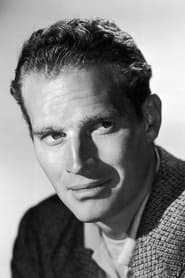
Charlton Heston
Moses
Charlton Heston's portrayal of Moses in Cecil B. DeMille's epic film "The Ten Commandments" (1956) is an iconic performance that has left an indelible mark on cinematic history. Heston brought a commanding presence and a deep gravitas to the role of the Hebrew prophet, imbuing Moses with a sense of righteous conviction and moral authority. His transformation from the confident and charismatic prince of Egypt to the humble and faithful servant of God is a testament to Heston's acting prowess. With his booming voice and striking visage, Heston conveyed the emotional complexity of a man chosen to lead his people out of bondage, stand up against the might of Pharaoh, and deliver the divine word. His performance was both larger-than-life and nuanced, capturing the essence of a legendary figure with authenticity and passion. Heston's Moses is not only a high point in his own career but also a defining interpretation of the biblical hero, setting a high bar for all subsequent portrayals.

Yul Brynner
Rameses
Yul Brynner delivered a commanding and memorable performance as the Pharaoh Rameses II in the epic film "The Ten Commandments" (1956), directed by Cecil B. DeMille. His portrayal of the Egyptian monarch was both regal and imposing, exuding an air of authority and power that perfectly captured the essence of a ruler of such a vast and ancient empire. Brynner's Rameses was a complex character, characterized by his fiery temper, arrogance, and a deep-seated envy of his adopted brother Moses, played by Charlton Heston. His striking bald head and intense gaze, which became his trademark look, added to the gravitas of his performance. Brynner's Rameses was not merely a tyrant; he was a man torn between his love for his family, his desire for Nefertari, and his role as a god-king in the eyes of his people. His nuanced acting brought depth to the character, making his interactions with Moses fraught with tension and his eventual downfall all the more impactful. Brynner's performance was so iconic that it solidified Rameses as one of the most unforgettable antagonists in cinema history, earning him a place in the pantheon of great screen villains.
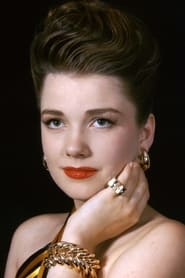
Anne Baxter
Nefretiri
Anne Baxter delivered a captivating performance as Nefretiri in the epic film "The Ten Commandments" (1956), directed by Cecil B. DeMille. As the Egyptian princess who is both alluring and headstrong, Baxter brought a complex blend of passion, intelligence, and regal bearing to the role. Her portrayal of Nefretiri's intense love for Moses (played by Charlton Heston), her cunning political maneuvers, and her eventual sense of betrayal and loss, added depth to the already grand narrative. Baxter's performance was characterized by her commanding screen presence, her ability to convey deep emotions through her expressive eyes, and her adeptness at navigating the opulent dialogue with a mix of fieriness and grace. Her interactions with Heston's Moses and Yul Brynner's Pharaoh Rameses II were electric, creating a memorable love triangle that was central to the film's emotional core. Baxter's Nefretiri was a woman of strength and vulnerability, caught in the turbulent events of her time, and her portrayal left an indelible mark on the cinematic retelling of the biblical tale.
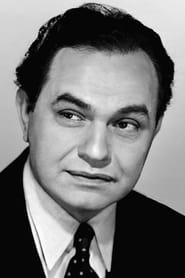
Edward G. Robinson
Dathan
Edward G. Robinson delivered a memorable performance as the character Dathan in the epic film "The Ten Commandments" (1956), directed by Cecil B. DeMille. As the nefarious Israelite overseer who betrays his own people for personal gain, Robinson crafted a complex antagonist, imbuing Dathan with a blend of cunning, ambition, and moral bankruptcy. His portrayal of the character's duplicity and greed is palpable, as he schemes against Moses (played by Charlton Heston) and aligns with the Egyptians to maintain his privileged status. Robinson's Dathan is a study in contrast to the righteousness of Moses, serving as a compelling foil that adds depth to the biblical narrative. His performance is marked by a sly intelligence and a palpable charisma, even as he descends into the role of a villain. Robinson's scenes are charged with an intensity that underscores the gravity of Dathan's actions and their consequences, making his character one of the most intriguing and unforgettable in the cinematic retelling of the Exodus story.
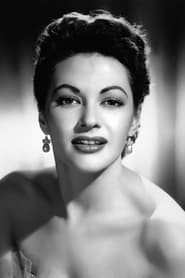
Yvonne De Carlo
Sephora
Yvonne De Carlo delivered a memorable performance as Sephora in Cecil B. DeMille's epic film "The Ten Commandments" (1956). As the Ethiopian princess who captures the heart of Moses (played by Charlton Heston), De Carlo brought a regal presence and an understated grace to the role. Her Sephora was both strong-willed and compassionate, a leader in her own right who challenges and ultimately supports Moses in his divine mission. De Carlo's portrayal was marked by a subtle intensity and a depth of emotion that shone through in her interactions with Heston, particularly in the tender scenes that explore the blossoming of their characters' relationship. Her performance was further accentuated by her striking beauty and the opulent costumes of the period, which together helped to cement Sephora as a standout female character within the grandeur of DeMille's biblical spectacle. De Carlo's Sephora was not only a romantic interest but also a key figure in the narrative, offering a portrayal of wisdom and spiritual awakening that complemented the film's overarching themes of faith and freedom.
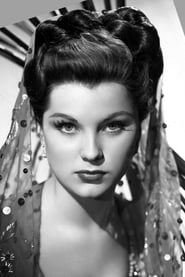
Debra Paget
Lilia
Debra Paget delivered a memorable performance as Lilia in Cecil B. DeMille's epic film "The Ten Commandments" (1956). As the Egyptian princess, she skillfully navigated the complexities of her character's duality—Lilia's reverence for the gods of Egypt contrasted with her growing fascination for the Hebrew God, particularly as her life intersects with the journey of Moses, portrayed by Charlton Heston. Paget's portrayal was marked by a delicate balance of royal elegance and deep emotional turmoil, showcasing Lilia's internal conflict as she becomes embroiled in the political and spiritual upheaval of the times. Her scenes with Moses highlighted her character's transformation from a haughty princess to a woman touched by a profound spiritual awakening, which Paget conveyed with a mix of grace, intensity, and vulnerability. Her performance was not only a standout amidst the grandeur of the production but also contributed significantly to the film's enduring status as a cinematic classic.

John Derek
Joshua
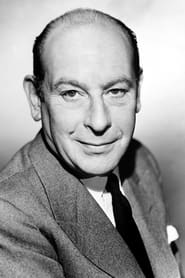
Cedric Hardwicke
Sethi
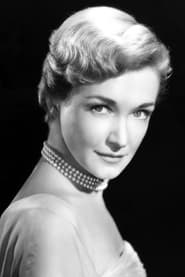
Nina Foch
Bithiah
Nina Foch (born Nina Consuelo Maud Fock; April 20, 1924 – December 5, 2008) was a Dutch American actress. After...
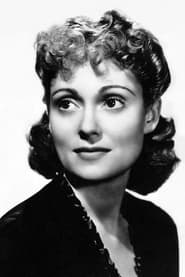
Martha Scott
Yochabel
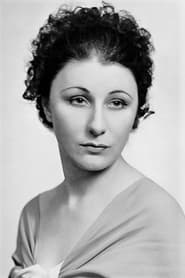
Judith Anderson
Memnet
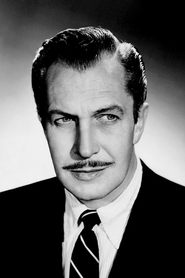
Vincent Price
Baka
Secondary Cast of The Ten Commandments
Lisa Mitchell
Jethro's Daughter
Noelle Williams
Jethro's Daughter
Pat Richard
Jethro's Daughter
Joyce van der Veen
Jethro's Daughter
Diane Hall
Jethro's Daughter
Abbas El Boughdadly
Rameses' Charioteer
Esther Brown
Princess Tharbis
Babette Bain
Little Miriam
Kay Bell
Taskmaster / Red-Bearded Slave
Robert Carson
Eleazar as an Adult
Bobby Clark
Little Boy in Exodus
Rus Conklin
Whip-Scarred Brick-Carrier / Hebrew at Dathan's Tent
Richard Kean
Old Hebrew at Moses' House / Hebrew Toward Corridor
Amena Mohamed
Architect's Assistant
Marcoreta Starr
Slave / Hebrew at Golden Calf
Amanda Webb
Hebrew at Golden Calf / Young Woman / Hebrew in Exodus
Jeane Wood
Slave / Hebrew at Crag and Corridor / Hebrew at Golden Calf
Barbara Aler
Lady from Edon / Priestess / Hebrew at Golden Calf (uncredited)
Lesley-Marie Colburn
Slave Child (uncredited)
Alan Wells
Hebrew at Crag and Corridor (uncredited)
Crew of The Ten Commandments
Full backstage crew list →